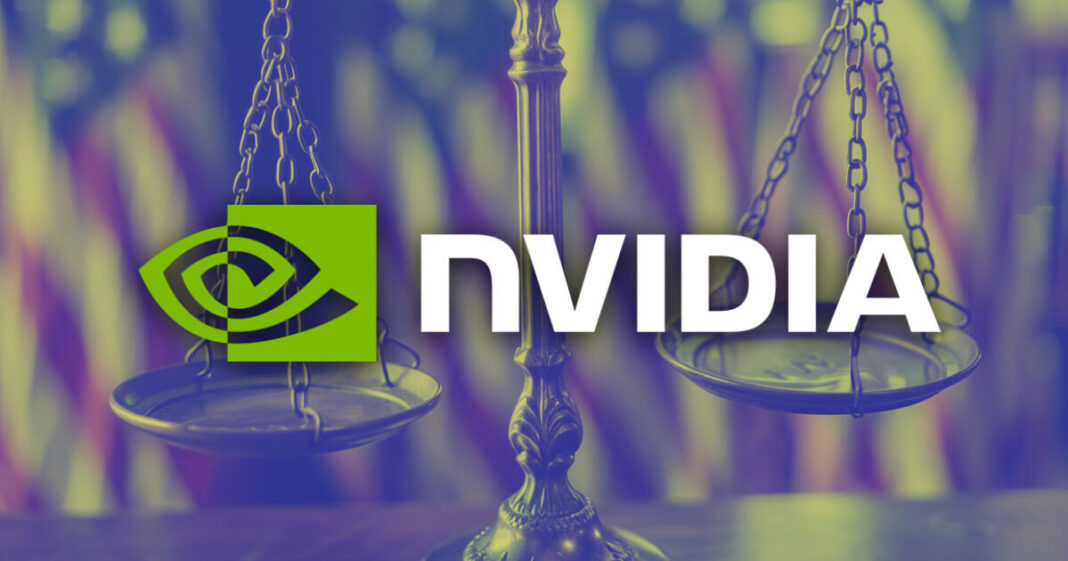

The US Department of Justice (DOJ) and the Securities and Exchange Commission (SEC) have supported a class-action lawsuit against Nvidia, accusing the company of misleading investors.
According to court filings, both agencies submitted an amicus brief backing Nvidia investors who allege that the firm misrepresented the impact of crypto mining on its 2017/2018 revenue.
The DOJ and SEC have urged the Supreme Court to revive the previously dismissed case. Solicitor General Elizabeth Prelogar and SEC senior lawyer Theodore Weiman argued that the lawsuit contains enough evidence to proceed.
The authorities have also requested 10 minutes to present oral arguments when the case goes before the court in November.
The lawsuit
This action follows the Ninth Circuit Court of Appeals’ decision to reinstate the case, overturning a lower court’s 2021 dismissal due to insufficient evidence.
According to the lawsuit, investors claim Nvidia and its CEO, Jensen Huang, misled them about the company’s reliance on revenue from crypto mining-related sales. They argue that Nvidia’s leadership downplayed the company’s dependency on crypto mining despite being fully aware of it. The firm’s vulnerability became apparent when its revenue declined after the 2018 crypto market crash.
In response, Nvidia countered that investors relied on fabricated data about its revenue sources. However, investors maintain that their data, drawn from multiple reliable sources, indicates securities fraud.
Among these sources are two former Nvidia employees, who disclosed that the CEO was aware of the firm’s sales tracking to crypto miners. They also noted that Huang attended meetings where the impact of crypto mining on the company’s revenue was discussed.
Based on this, the Ninth Circuit panel concluded that the CEO acted with the necessary intent, or “scienter,” to mislead investors, which could result in liability.
The US authorities acknowledged this and pointed out that Huang made several public statements between May 2017 and November 2018 about the effect of crypto mining on NVIDIA’s revenues.
According to them, the firm also consented to sanctions, including a civil penalty of $5.5 million, for violating federal securities-law provisions that establish reporting and disclosure requirements.
Considering this, the authorities stated:
“The observed correlation between crypto-mining demand and NVIDIA’s commercial success belie Huang’s prior public statements suggesting that crypto mining was only a ‘small’ part of NVIDIA’s business.”

